I found this terrific article on Huff Post 50 and wanted to share. The way I see it is........ if you come to my office you can knock out several of these at once!
After the holiday high of family time and festivities, you may find
the January melancholy setting in. If you're one of 90-some percent of
people, you've fallen off the
New Year's resolution bandwagon, your bank balance is running low from costly Christmas gifts, and there's no work holiday in sight for a few months.
It's no wonder an estimated
one in five Americans
suffer from SAD or seasonal affective disorder, often referred to as
the winter blues. You may be sleepier than normal, not have the energy
to socialize, and be craving carb-laden comfort foods.
Sound familiar? The bad news is we're still a ways away from basking
in the warm glow of the summer months. The good news is life doesn't
have to stop just because it's
colder out than in Antarctica.
While you should
talk to your doctor
if you feel depressed for several days and have lost interest in things
you normally enjoy, there are plenty of do-it-yourself remedies for the
occasional case of the seasonal blues. We've rounded up some of the
best things you can do to get yourself out of your funk.
Sayonara, doldrums.
-
Take your vitamins
With fewer hours of sunlight, our vitamin D
levels drop during the winter months. While there's nothing like getting
some actual rays, a study from
NYU found people with SAD saw improvements in their mood with supplementing with the vitamin.
Dr. Andrew Weil recommends taking 2,000 IU of Vitamin D daily.
Another supplement which has been
shown to help with seasonal depression is
melatonin. The hormone helps regulate your sleep cycle, which can be
thrown off by the shorter winter days. There's a different optimal time
for everyone to take
melatonin, so discuss with your doctor to find out what time of day is best to supplement.
-
Get moving
Yes, we know. Who wants to brave the blistering
cold (and unforgiving workout gear) to go to the gym when you could just
as easily stay curled up on your couch with a warm drink and cozy
blanket.
But
exercise can
boost your feelings of well-being, help you stay positive, and and even
boost your drained energy back up by upping your brains feel-good
chemicals. So why not make the most of it and embrace what winter
weather has to offer! Get your workout, your sunshine, and even a little
fun with activities like skiing,
ice skating,
or even taking the little ones sledding. Did you know an hour on the
rink can burn around 500 calories? Another bonus of getting off the
oh-so-comfy couch.
-
Keep your resolutions
Whether you've been meaning to quit smoking or
get to the gym more, staying on track with your resolutions will give
you a sense of accomplishment and a goal to keep you motivated.
Plus, some studies show a correlation between depression and healthy
behaviors. A
CDC study
found that women with healthy behaviors like exercising and not
smoking, experienced fewer depressed day than those with less-healthy
behaviors.
-
Don't be a hermit
After the holiday high of family gatherings and
days off from work, in the new year you might feel yourself feeling more
isolated with a less packed social calendar. Being socially isolated
can make you more vulnerable to
mental health problems and just plain lonely. Some researchers believe that
one in five
people feel sad solely due to social isolation.
If you're feeling blue, the last thing you might feel like doing is
having to put on your social mask. But doctors say, the more you
withdraw, the worse you will feel.
So take this time to try something you've always wanted to do, like volunteering or taking a cooking class.
-
Try light therapy
No, this doesn't mean you need to be stuck under a
sun lamp. Just getting outside and taking a walk in early morning
sunlight could do you some good,
according to WebMD.
Morning light exposure is especially effective in treating symptoms of seasonal depression, according to some research.
You can also get
light boxes, which simulate sunlight and help regulate the brain chemicals that affect your mood. As little as a
half hour to a full hour each day can help lift your spirits. Just a few weeks of treatment have been proven to help around
70 percent of patients.
-
Treat yourself
The start of the year can be stressful with
freezing temperatures, new year's resolutions, and several months to go
before the next holiday.
Though you might be worried about
money after
the big holiday spending splurge (another cause of stress), it might be
helpful to ease up and treat yourself to a little something. To keep
yourself active, treat yourself to an outing, whether it's a sporting
event, a mini-trip, or even a spa day. Massages have even been shown to
lower depression by over 50 percent, by reducing stress hormones and the increasing depression-fighting chemicals, serotonin and dopamine.
-
Consider aromatherapy
Smells can be a big source of comfort and evoke
memories of happier times. If you're a big believer in alternative
medicine, or even if you're a skeptic, it's worth giving aromatherapy a
shot to lift your spirits. An
NIH study found aromatherapy can be an effective supplementary treatment for people with depressive symptoms.
Lavender in particular has shown to help with symptoms of depression and insomnia.
For seasonal depression,
aromatherapy experts recommend oils like bergamot, jasmine, and neroli among others. Try adding a couple of drops of these
essential oils to your bath water, in a diffuser, or aroma lamp to help you relax.
-
Indulge a little
Is there anything a little chocolate can't fix? Some research suggests that
dark chocolate (we're
talking 70 percent cocoa or more) helps boost dopamine levels in your
brain. Good news, just in time for Valentine's Day.

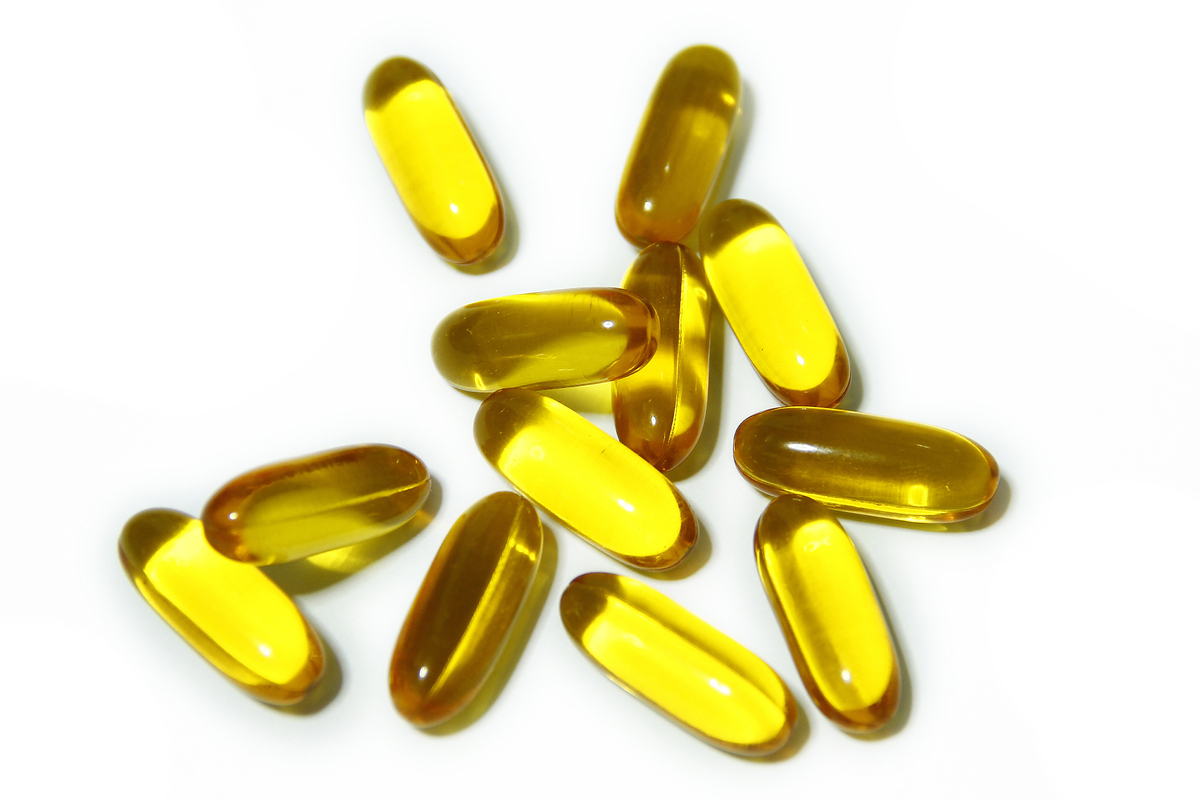
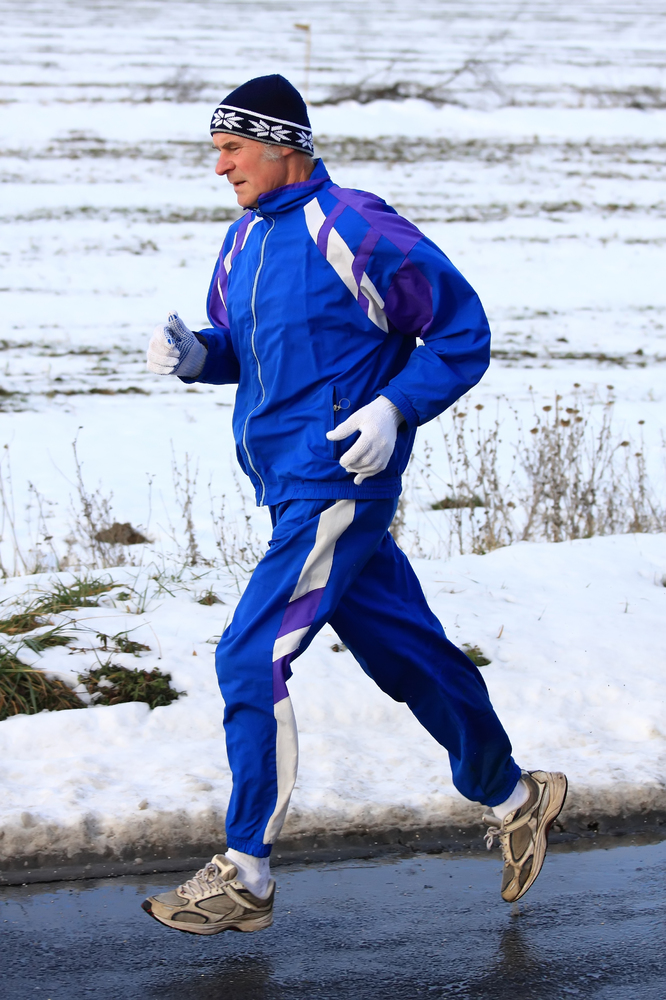
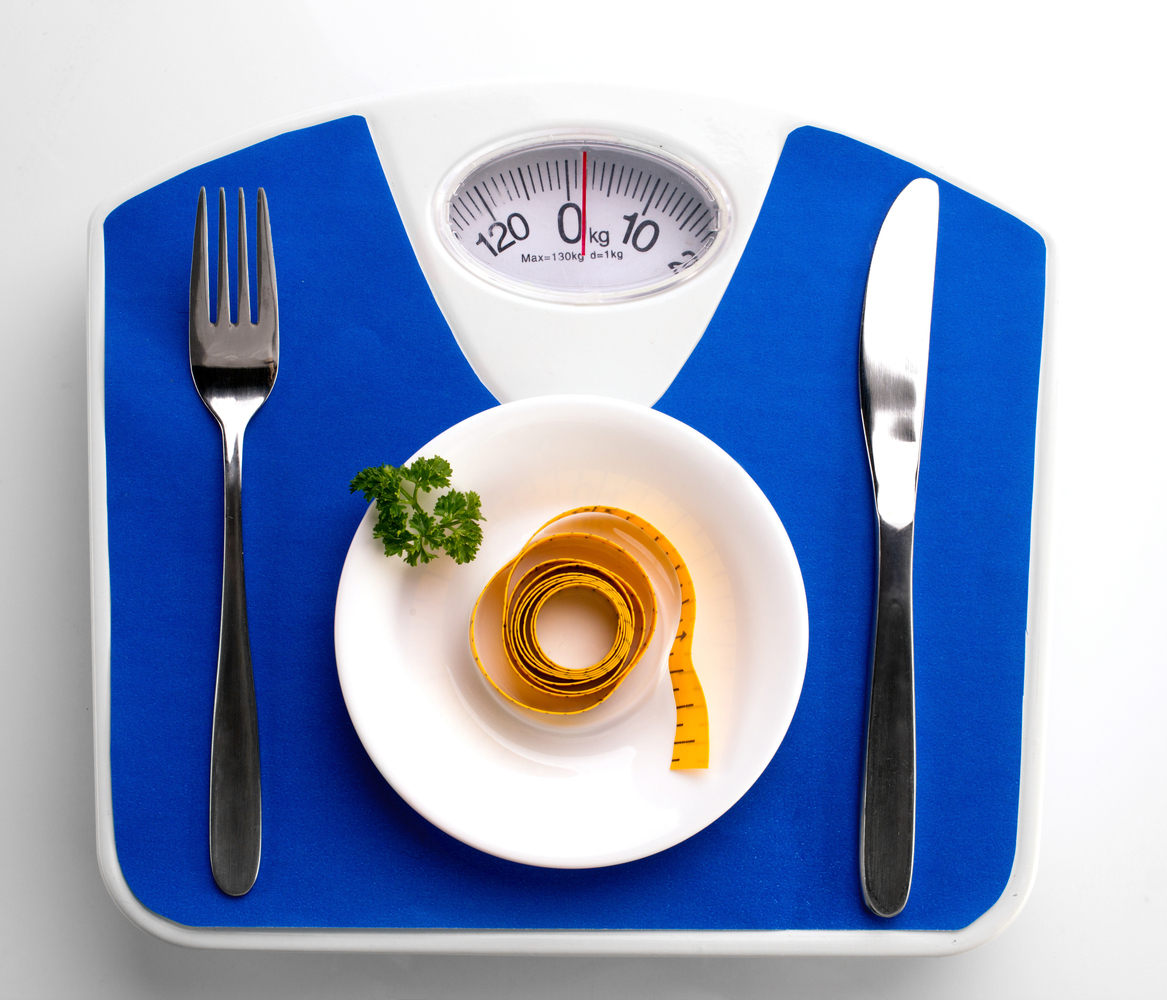


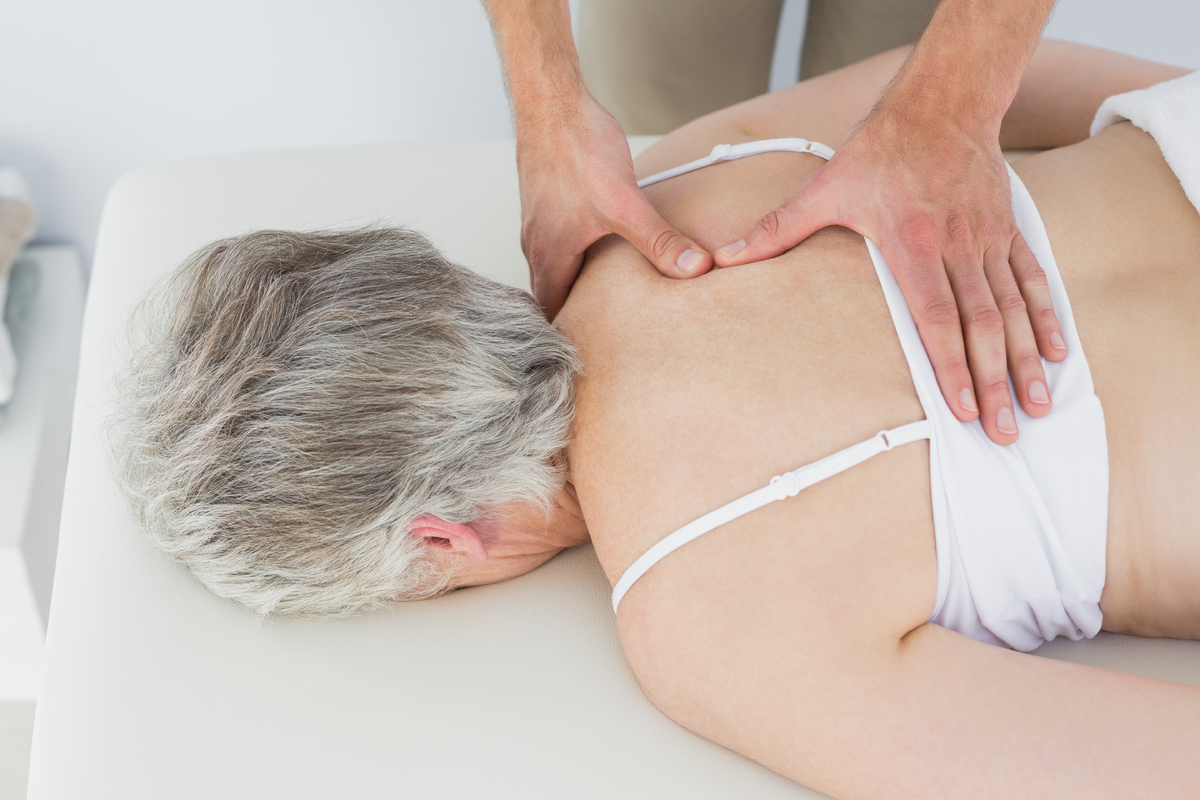
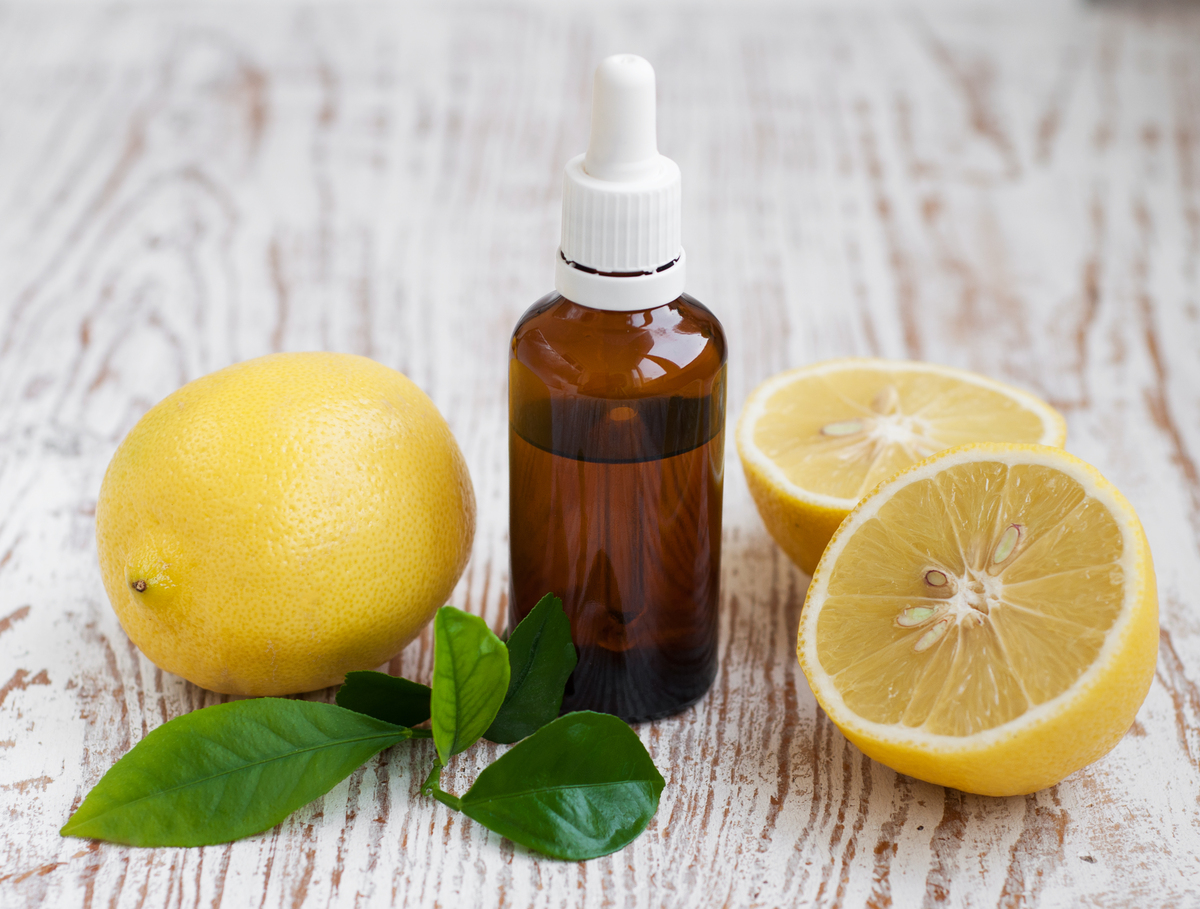
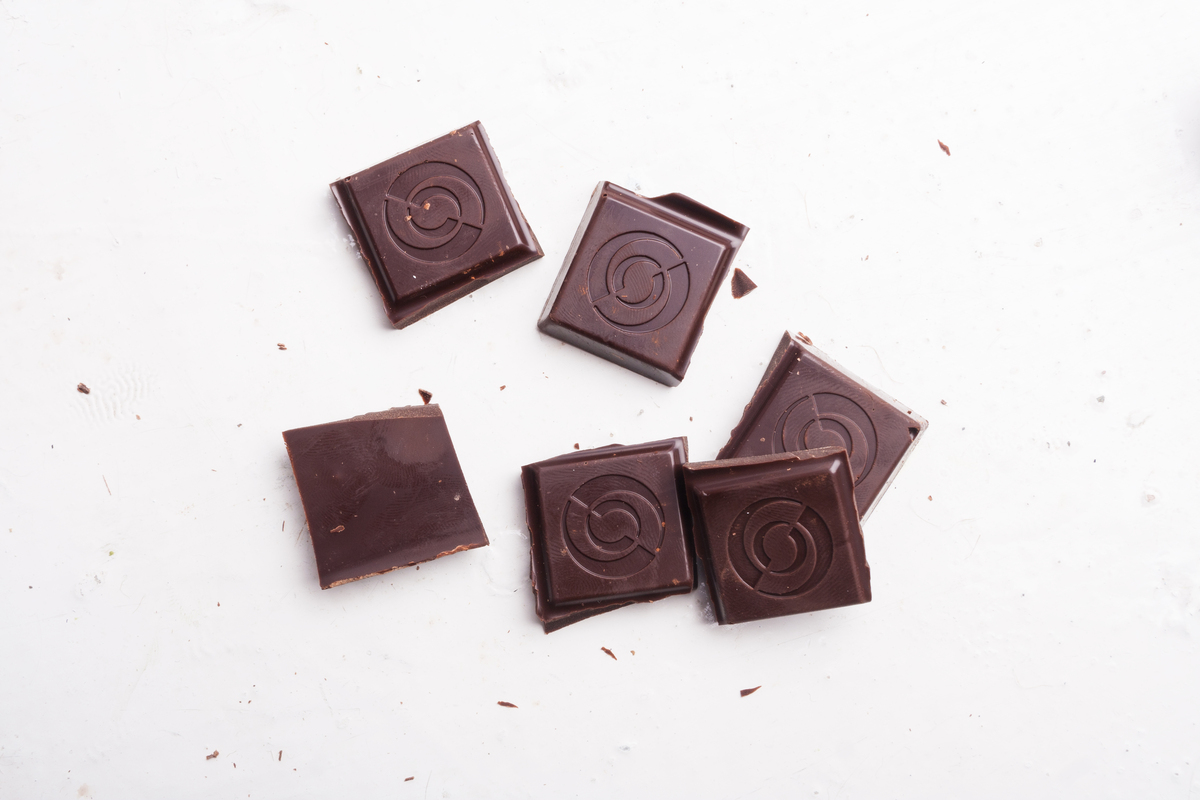
No comments:
Post a Comment